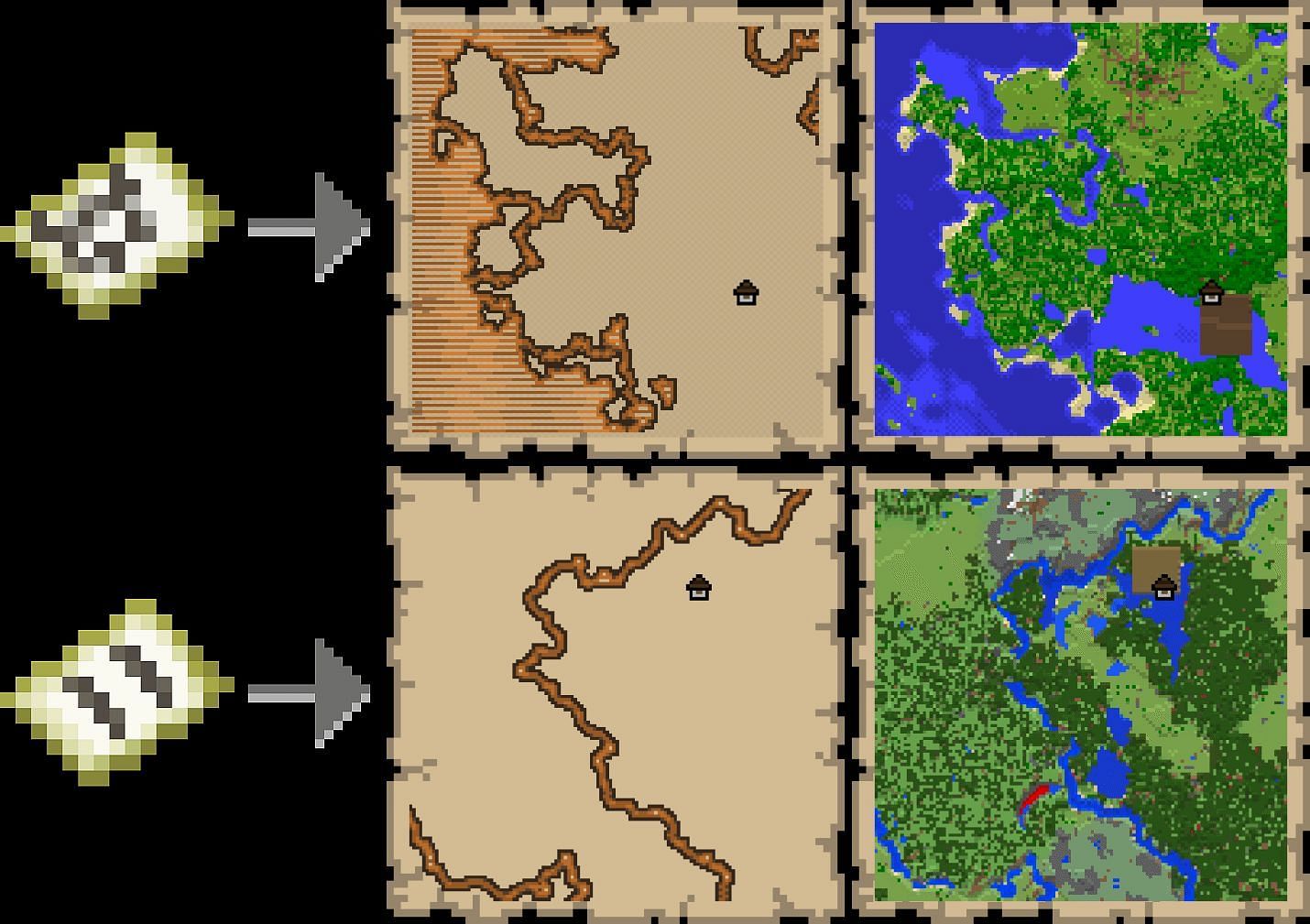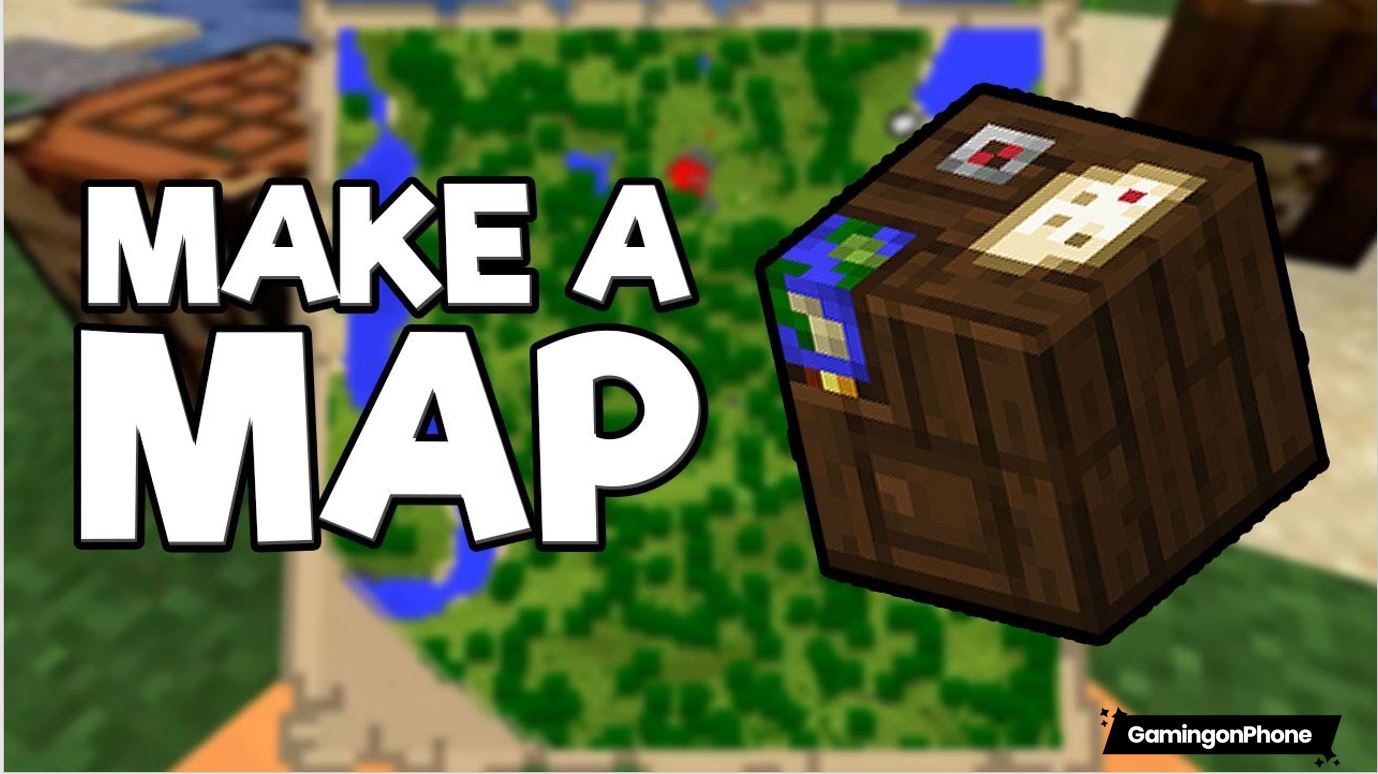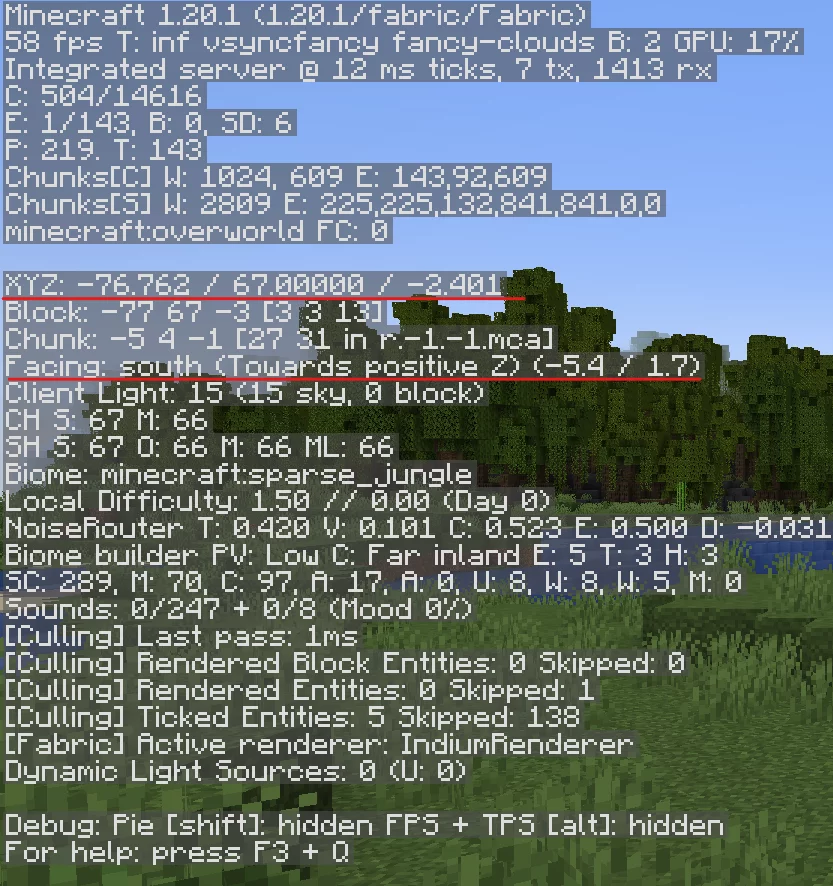Navigating The Minecraft World: A Comprehensive Guide To The Map Tool
By admin / July 7, 2024 / No Comments / 2025
Navigating the Minecraft World: A Comprehensive Guide to the Map Tool
Related Articles: Navigating the Minecraft World: A Comprehensive Guide to the Map Tool
Introduction
With great pleasure, we will explore the intriguing topic related to Navigating the Minecraft World: A Comprehensive Guide to the Map Tool. Let’s weave interesting information and offer fresh perspectives to the readers.
Table of Content
Navigating the Minecraft World: A Comprehensive Guide to the Map Tool

The vast and ever-changing landscapes of Minecraft can be both exhilarating and daunting. Players, whether seasoned veterans or newcomers, often find themselves lost in the sprawling world, struggling to remember landmarks and navigate effectively. This is where the map tool comes into play, providing a vital solution for efficient exploration and resource management.
Understanding the Map Tool
The map tool in Minecraft is a versatile crafting item that allows players to create detailed maps of their surroundings. It functions as a visual representation of the world, enabling players to track their progress, identify key locations, and plan their next move.
Crafting the Map Tool
To craft a map tool, players require the following materials:
- Paper: Obtained by crafting three sugar cane in the crafting table.
- Compass: Found in chests in abandoned mineshafts, strongholds, and desert temples.
Place the paper and compass in the crafting grid to create a blank map.
Using the Map Tool
Once crafted, the map tool can be used to create a map of the immediate area. Simply right-click while holding the map tool to start the process. The map will gradually reveal the surrounding terrain, displaying landmarks, structures, and even other players.
Map Features and Functionality
- Zoom: Players can zoom in and out of the map by scrolling the mouse wheel. This allows for a detailed view of specific areas or a broader overview of the surrounding landscape.
- Marking: The map tool allows players to place markers on the map to highlight important locations. This can be useful for remembering the location of valuable resources, secret bases, or even marking enemy spawn points.
- Sharing: Maps can be shared with other players by dropping them on the ground. This allows for collaborative exploration and planning.
- Exploration: The map tool is invaluable for exploring new areas and uncovering hidden treasures. It provides a clear visual representation of the terrain, making it easier to navigate and identify potential dangers.
Beyond Basic Navigation: Advanced Uses of the Map Tool
While primarily used for navigation, the map tool offers several advanced functionalities that enhance the gameplay experience:
- Resource Management: Players can use the map tool to track the location of valuable resources, such as diamond ore, iron ore, and wood. This allows for efficient resource gathering and reduces wasted time searching for materials.
- Base Building: The map tool is essential for planning and constructing large-scale bases. It allows players to visualize the layout of their base, plan the placement of structures, and ensure efficient use of space.
- Combat Strategy: Players can use the map tool to track the movements of enemies and plan their attack strategies. It allows for a clear understanding of the battlefield, making it easier to anticipate enemy movements and plan flanking maneuvers.
- Exploration and Discovery: The map tool encourages exploration and discovery by revealing new areas and hidden secrets. Players can use the map to uncover hidden treasures, find new biomes, and explore the vastness of the Minecraft world.
FAQs about the Map Tool
Q: Can I create multiple maps?
A: Yes, you can create as many maps as you need. Each map will cover a specific area, and you can switch between them by right-clicking on the map in your inventory.
Q: Can I edit the map after it’s created?
A: No, you cannot edit the map after it’s created. However, you can create a new map to cover a different area.
Q: How do I use the map tool to mark a location?
A: Right-click on the map while holding the map tool to open the map interface. Then, right-click on the location you want to mark. A marker will be placed on the map.
Q: What happens if I lose my map?
A: If you lose your map, you will need to create a new one. However, you can use the map tool to create a new map of the same area if you remember the general location.
Q: Can I use the map tool to find specific mobs or structures?
A: No, the map tool only displays the terrain and landmarks. It does not show the location of specific mobs or structures.
Tips for Using the Map Tool Effectively
- Create multiple maps: Create separate maps for different areas to avoid clutter and make navigation easier.
- Mark important locations: Use markers to highlight the location of valuable resources, secret bases, and other important points of interest.
- Share maps with friends: Share maps with other players to facilitate collaborative exploration and base building.
- Use the zoom feature: Zoom in and out of the map to view specific areas or get a broader overview of the surrounding landscape.
- Experiment with different map sizes: Experiment with different map sizes to find the one that best suits your needs.
Conclusion
The map tool is an indispensable tool for navigating the vast and complex world of Minecraft. It allows players to explore efficiently, manage resources effectively, and plan their strategies with precision. By mastering the map tool, players can unlock the full potential of the Minecraft experience, exploring new areas, discovering hidden secrets, and conquering the challenges that await. From basic navigation to advanced resource management and strategic planning, the map tool empowers players to fully engage with the world of Minecraft and create their own unique and memorable adventures.








Closure
Thus, we hope this article has provided valuable insights into Navigating the Minecraft World: A Comprehensive Guide to the Map Tool. We thank you for taking the time to read this article. See you in our next article!